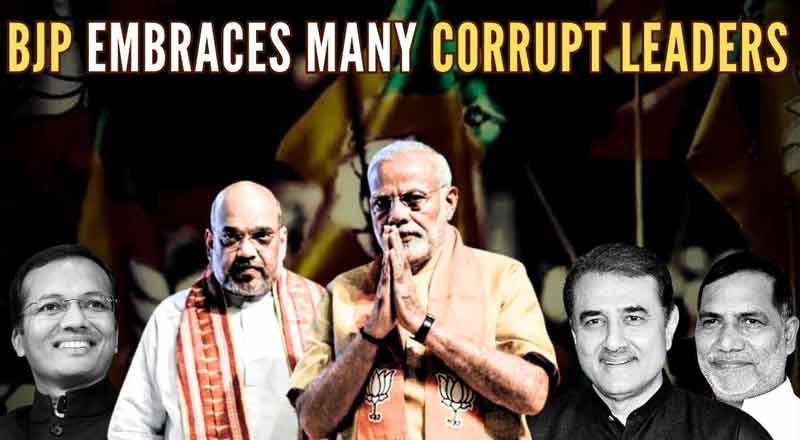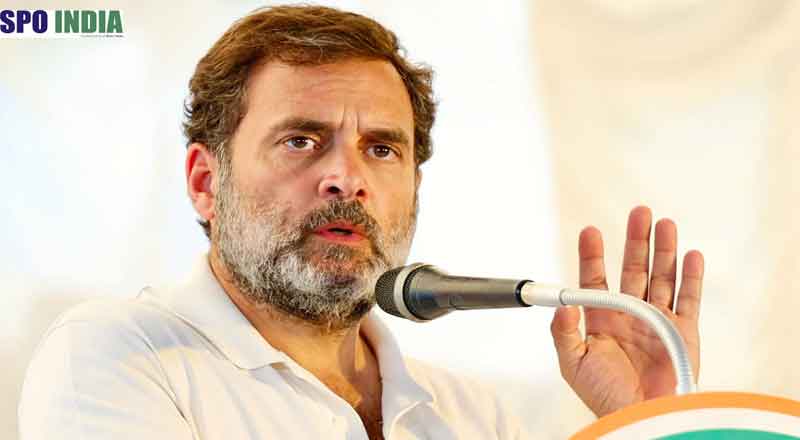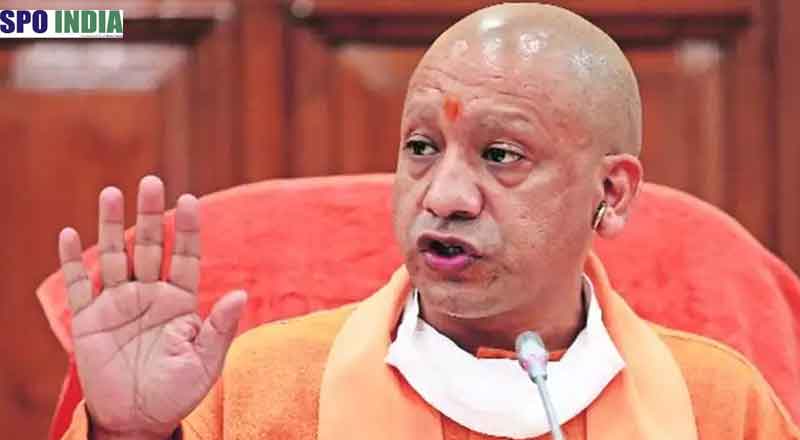At least 25 prominent politicians from the opposition ranks, who had been facing probes by Central agencies in corruption cases, have switched to the Bharatiya Janata Party (BJP) since 2014, when Narendra Modi was first sworn in Prime Minister of the National Democratic Alliance (NDA) government.
The report you mentioned highlights a significant trend where politicians accused of corruption from opposition parties found refuge within the Bharatiya Janata Party (BJP) and subsequently received reprieve from their corruption charges. This phenomenon underscores the complexity of Indian politics, where allegiances, alliances, and power dynamics often overshadow issues of integrity and accountability.
It suggests a pattern of opportunism, wherein individuals facing legal scrutiny or public backlash for alleged corruption have sought shelter within the BJP, possibly leveraging their newfound political affiliation to evade or mitigate the consequences of their actions.
Such revelations can fuel debates about the ethics and integrity of political parties, as well as raise questions about the effectiveness of India’s legal and judicial systems in ensuring accountability for corruption.
However, it’s essential to approach such reports with critical scrutiny, considering factors such as the credibility of the sources, the methodology used for data collection, and any potential biases in the analysis. Additionally, it’s crucial to recognize that allegations of corruption can be politically motivated, and individuals are entitled to the presumption of innocence until proven guilty in a court of law.
Nonetheless, if these allegations are substantiated, they underscore the need for greater transparency, accountability, and ethical standards within India’s political landscape.





